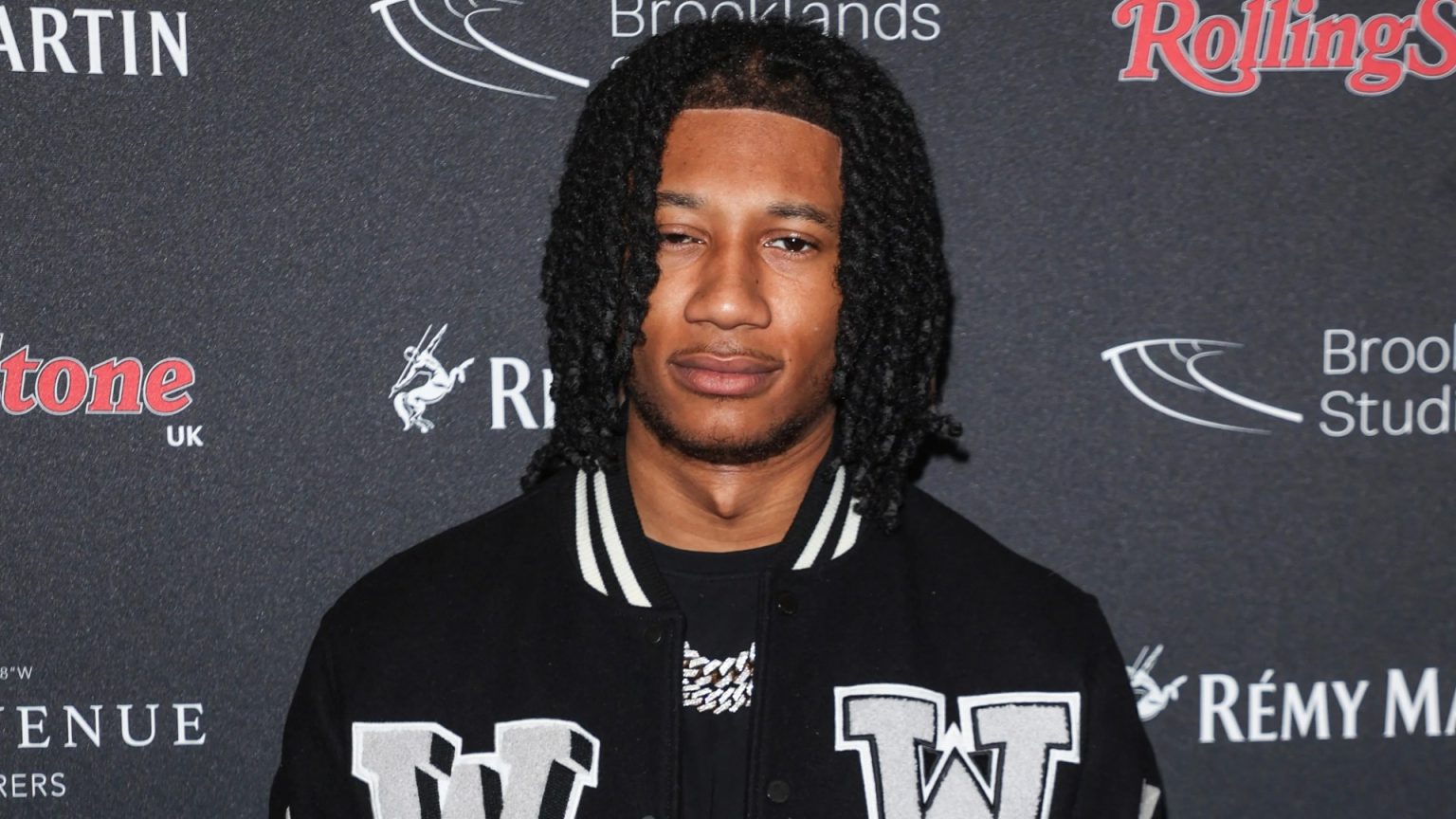The BBC’s showcasing of several drill rappers with criminal histories has sparked controversy and ignited a debate about the platforming of artists involved in illegal activities. The broadcaster’s support of these individuals, particularly through its youth-oriented radio station, 1Xtra, raises questions about its responsibility in promoting musicians who have engaged in violent crimes and drug offenses. This practice has drawn criticism from those concerned about the potential glamorization of criminal lifestyles and the impact on young audiences.
The case of Loski, whose real name is Jyrelle O’Connor, exemplifies this issue. His track “Ashes” was played on 1Xtra shortly after his release from prison for carrying a loaded firearm, despite his conviction. The BBC’s prior promotion of Loski, including live performances and positive online features, further fueled the controversy. While O’Connor claimed he was coerced into carrying the weapon, the jury rejected his defense. Critics argue that playing his music so soon after his release, especially given the serious nature of his crime, sends a mixed message, potentially downplaying the consequences of criminal behavior.
The BBC also aired a documentary, “Defending Digga D,” which followed the rapper after his release from prison for violent disorder. Digga D, whose real name is Rhys Herbert, has a history of criminal activity, including multiple incarcerations and admitted involvement in drug offenses. While the documentary may have aimed to provide insights into the challenges faced by ex-offenders reintegrating into society, critics argue that it inadvertently provided a platform for a known criminal, potentially normalizing his actions.
Headie One, another artist featured on 1Xtra, openly boasted about street violence in his lyrics. His previous convictions for drug dealing and knife possession add further complexity to the debate. By showcasing artists with such backgrounds, the BBC faces accusations of condoning or even glorifying criminal behavior, potentially influencing impressionable young listeners.
The controversy surrounding the BBC’s support of these artists highlights the broader discussion about the role of media platforms in showcasing individuals with criminal histories. Some argue that denying these artists a platform amounts to censorship and limits their opportunities for rehabilitation and reintegration into society. They contend that music can be a powerful tool for self-expression and positive change, even for those who have made mistakes.
However, others counter that providing a platform to individuals with violent criminal records, particularly those involved in serious offenses, can send a detrimental message to the public, particularly to young people who may idolize these artists. They argue that broadcasters like the BBC have a responsibility to prioritize public safety and avoid inadvertently glamorizing criminal lifestyles. The balancing act between freedom of expression and responsible broadcasting remains a contentious issue, particularly in the context of drill music, which often reflects the harsh realities of inner-city life and sometimes glorifies violence. The debate surrounding the BBC’s actions underscores the need for careful consideration of the potential consequences of showcasing artists with criminal pasts and the impact on both the artists themselves and the wider audience.




